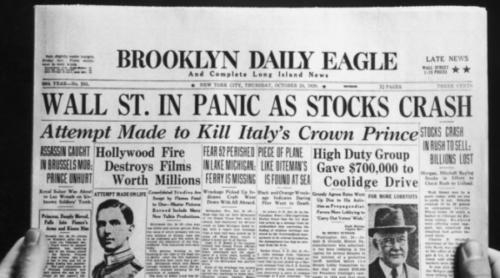The current economic climate is strong, with M&A activity being strong also.
But what happens when the economic environment is difficult? Challenging? Many business owners are thinking of selling in the next few years. What can they expect?
Looking back at the activity in the last recession, which was a hum-dinger, gives us a clue.
Despite the difficulty of the extremely challenging environment the last time around, business sales still happened. Activity was slower, deals were harder to close. But still, it did happen.
Whatever the economy, some baby boomers will want to retire. Some younger people will want to own their own business. Sales will happen regardless.
But the circumstances will be different than in a strong economy. Business owners will retrench and fortify. Those that can be looking to take advantage of the down economy to expand.
To those looking to expand during the downturn, having capital available is a huge advantage. If domestic markets do not have any good opportunities, it is possible to look overseas. Some of the advanced economies may have better credit availability thereby making it easier to engage in acquisitions. There may be other reasons why an overseas acquisition may be possible in a bad economic time that doesn’t affect all geographic markets equally.
In a tight economy, credit markets slow down. In extreme cases and usually, only for a short time, they can freeze up. Banks use tighter lending and underwriting requirements for business acquisitions. This means that more creative deal structuring must be employed. This means seller financing often becomes a required part of the capital structure and deal terms. The seller issues a note to the buyer describing the terms of future payments, usually based on the company’s performance. Sellers: expect this.
Seller financing (so-called “Earn Outs”) signals the buyer and its capital sources that the seller believes in the quality of the deal for the buyer. That the business is sustainable at the proposed selling price.
In any company circumstance during a poor economy, creativity is the key to making an acquisition happen and laying the groundwork for future growth when times improve.



